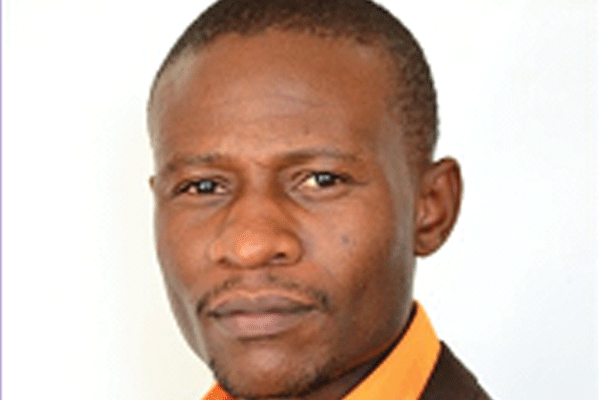
HOLDING a microphone and standing in front of people is not enough. One has to know what they want to speak about and understand the necessary dynamics about their audience. One has to speak with power, passion, poise and pizzazz. I (JN) had to interview Stanley Chukwuemeka Okereafor (SC), a Nigeria-based international multiple award-winning public and conference speaker. He is the author of the book, Public Speaking: Basic Skills (Practical Steps To speak like a Pro).
Jonah Nyoni
JN: What inspired you to write a book on public speaking, not any other book?
SC: My interactions with busy and not-so-busy executives reveal the need for great public speakers. I cannot overstate this. The saying, ‘you are as effective as your communication’ comes to mind. I believe that, aside character and core values, your communication skill is your most precious asset. Any wonder that in my personal development sessions public speaking (also called oratory or oration) classes are among the most popular. Communication is a key human endeavour. Imagine life without communication. People should therefore not just speak; they should speak with power and influence. This book gives important tips to help achieve this.
Further, research shows that many people fear public speaking. It is called glossophobia, the fear of public speaking. True glossophobia will go to great lengths to avoid speaking in a group situation, and may experience nausea, panic attacks and extreme anxiety. This is serious indeed. It is however gratifying that anxiety and stage fright can be managed, if not completely eliminated. Again, this book shares helpful insights in this regard.
JN: What is a mark of a great speaker?
SC: In many communication situations, one of the most important objectives is to be understood. A great speaker is therefore one who is understood by his audience, and is able to help the audience make a change, take a decision, or initiative a precise action.
JN: What are some of the mistakes people make when they are on stage?
- Chamisa under fire over US$120K donation
- Mavhunga puts DeMbare into Chibuku quarterfinals
- Pension funds bet on Cabora Bassa oilfields
- Councils defy govt fire tender directive
Keep Reading
SC: People make a lot of mistakes on stage. I cannot exhaust these mistakes. Let me highlight just a few. Some people speak with their back perpetually turned to your audience. The audience wants to see your face.
Some speakers tell stories for stories’ sake. Your stories should be relevant and contextual.
I should also state that another major mistake people make is to accept a public speaking brief while they know clearly that they will have no time to prepare adequately for it. This lack of preparation shows on stage during the performance, and yes, public speaking is performance.
Again, some people, when they mount the stage, they begin their speech with an apology. That is not right. Rather than apologize for your lack of speech preparation, better turn down the speaking opportunity.
When you are on stage, it is your professional and moral duty to keep to the time allotted to you. Do not speak beyond the time allotted to you, even if you have the position, authority and power to influence more time allocation to yourself. Respect for time is respect for your audience and is a hallmark of professionalism.
Others would include failing to make eye contact with the audience, or being inappropriately dressed for your presentation.
JN: Who can be an effective speaker?
SC: This is a very interesting question that has been debated for a while. As a rule, with practice and more practice, anyone can be an effective speaker. Please note that I emphasized practice. There is no shortcut to being an effective speaker. I should also note that some people are naturally gifted speakers. They still need practice to perfect their craft. JN: How important is effective communication to a leader in a company?
SC: Effective communication is key for relations and businesses to thrive. In fact society may crumble when effective communication is missing. All businesses rely on effective communication to operate, grow and make products, whether it is in the marketing department or human resources or even engineering departments. JN: How does one kill the phobia for standing on stage to speak?
SC: It is normal to feel stage fright when you are about to start a speech, ask any great speaker. There are different things to do to deal with stage fright. Some are physical, others are emotional or mental. Some of the things to do include; plan your speech, practise your speech, arrive early to the venue of your speech event and do an audience analysis. I have a more comprehensive list in my new book.











